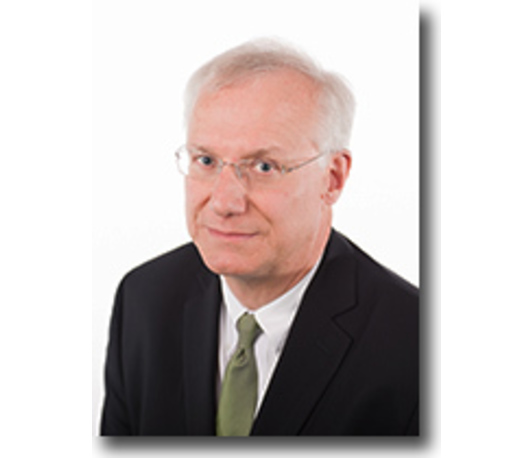MPI Colloquia Series: Prof. Andreas S. Bommarius, School of Chemical & Biomolecular Engineering, Georgia Institute of Technology, Atlanta,USA: Biocatalysis in multiphase reactors
MPI Colloquia Series: Prof. Andreas S. Bommarius, School of Chemical & Biomolecular Engineering, Georgia Institute of Technology, Atlanta,USA
- Date: Jun 13, 2024
- Time: 04:00 PM - 06:00 PM (Local Time Germany)
- Speaker: Prof. Andreas S. Bommarius
- Location: Max-Planck-Institut Magdeburg
- Room: Big Seminar Room "Prigogine"
- Host: MPI Scientific Coordination
- Contact: oelbermann@mpi-magdeburg.mpg.de

The Max Planck Institute Magdeburg invites you to its series of colloquia.
Top-class scientists, from notable German and worldwide research
institutions, give a survey of their research work.
Everybody who is interested, is invited to attend.
Dial-in via Zoom: https://eu02web.zoom-x.de/j/7302508065
Abstract
Biocatalysis in multiphase reactors
Owing to their often superb selectivity, biocatalysts are interesting catalysts towards a variety of products from commodities to life-science specialties. However, they are commonly developed without sufficient focus on their performance in large-scale reactors. We will cover two examples, reactive crystallization with beta-lactam hydrolases and oxidases at air-water interfaces in a bubble column.
Developing improved activity and stability of a catalyst are not necessarily contradictory goals. We will demonstrate the utility of the Total Turnover Number (TTN) to capture both activity and stability over the catalyst lifetime. The quality and speed of both biocatalyst development and reactor design depends on good kinetic data over a wide range of conversions. Machine-learning (ML-)-based techniques, supported by data-rich experimentation in continuous reactors, can support picking the simplest model to fit the data and gain accurate numbers of the constants. With an accurate kinetic model of all rate processes involved, Pareto analysis and application of Green Chemistry criteria then enable simultaneous biocatalyst development and reactor design.
Specifically, we will demonstrate the importance of overcoming inhibitions in designing better enzymes and the importance of adsorption at the air-water interface in the case of oxygen-dependent enzymes.
About the speaker (Personal Website)
Andreas (Andy) S. Bommarius is a professor of Chemical and Biomolecular Engineering at the Georgia Institute of Technology in Atlanta, GA. He received his diploma in Chemistry at the Technical University of Munich, Germany (1984) and his Chemical Engineering B.S. (1982) and Ph.D. (1989) degrees at MIT, Cambridge, MA.
From 1990-2000, he led the Laboratory of Enzyme Catalysis at Degussa (now Evonik) in Wolfgang, Germany, where his work ranged from immobilizing homogeneous catalysts in membrane reactors to large-scale cofactor-regenerated redox reactions to pharma intermediates.
At Georgia Tech since 2000, his research interests cover Green Chemistry, continuous manufacturing, and biomolecular engineering, specifically biocatalyst development and protein/amyloid stability studies.
His lab applies data-driven protein engineering to improve protein properties. Molecular foci are redox biocatalysts and beta-lactam amidases, process foci are multiphase reactors (gas/liquid and solid/liquid) and process stability studies (enzyme deactivation kinetics).
Andreas (Andy) S. Bommarius is a Fellow of AIChE (2022) and AIMBE (2008).